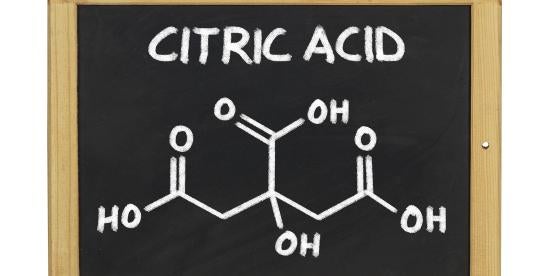Over the last few years, hundreds of lawsuits have been filed, and many more threatened, involving advertising claims that a product has no artificial preservatives or flavors. In many cases, the plaintiffs allege such advertising claims are false because the products contain citric acid, malic acid, or other organic acids and natural ingredients.
Plaintiffs in these cases typically allege that these ingredients are produced synthetically, but often fail to plead any factual basis for this assertion. This “shoot first ask questions later” approach is improper. See Fed. R. Civ. P. 11. It also violates the federal pleading standards, as two recent decisions recognized. See Valencia v. Snapple Beverage Corp., 2024 WL 1158476 (S.D.N.Y. Mar. 18, 2024); Trammell v. KLN Enters., 2024 WL 1722243 (S.D. Cal. Apr. 22, 2024).
In Valencia, Judge Cathy Seibel of the Southern District of New York considered whether the plaintiff plausibly alleged that Snapple’s “All Natural” claims on certain products were plausibly deceptive given the product contains citric acid. According to the plaintiff, while citric acid can be derived naturally from citrus fruit, “for over a hundred years, none of the production of citric acid has been natural because it is made beginning with fermentation from the Aspergillus niger mold” and “recovered through numerous chemical reactions with mineral salts and reagents” – a process that the plaintiff alleges renders citric acid “an industrially produced, synthetic ingredient.”
These allegations failed on two fronts. First, the court found that plaintiff’s generalized assertions that citric acid is industrially produced was insufficient to plausibly allege that the citric acid in Snapple’s products is synthetic. As the court explained, “Plaintiff’s bare claim here that citric acid today is made from mold rather than citrus fruit cannot, absent any allegation specific to the Products and absent any basis for her assertion about all citric acid, be sufficient.”
Second, the court found that even if the plaintiff had plausibly alleged that Snapple’s citric acid came from fermentation of Aspergillus niger mold, as opposed to citrus fruit, the complaint did not explain why it would be deceptive to describe such citric acid as natural. Plaintiff did “not allege that the resulting citric acid contains synthetic agents.” Further, “[a] reasonable consumer would not think that a compound found in nature is artificial even if it is produced in a different way than nature produces it, if the way it is produced is that it is derived from a natural product and does not contain anything synthetic.” Accordingly, the court granted Snapple’s motion to dismiss in full.
In Trammell, Judge Marilyn Huff of the Southern District of California reached a similar conclusion about alleged malic acid in Wiley Wallaby Very Berry Licorice. The plaintiff allegedly relied on claims that the products are “Naturally Flavored” and “Free of . . . Artificial Colors & Flavors,” when in fact the products purportedly contain malic acid that allegedly is “derived from petrochemicals.” The court observed that malic acid was listed on the product’s ingredient list, but the label did not say whether the malic acid is natural or artificial or whether it functions as a flavor. It was therefore up to the plaintiff to plausibly allege such facts.
The court agreed with the defendant that plaintiff failed to do so and dismissed the complaint in full. “Plaintiff’s conclusory allegations, without more particularity, are a far cry from raising any factually substantiated allegations that Wiley Wallaby Very Berry Licorice contains artificial malic acid, rather than natural malic acid, and that the malic acid functions as a flavor.”
These cases are a reminder to the plaintiffs’ bar that the time to investigate purported false advertising claims is before suing. Courts should dismiss pleadings that simply assume ingredients are synthetic even though they exist naturally. If a consumer believes otherwise, it is their burden to plead a factual basis for so alleging, and it is their counsel’s ethical obligation only to file complaints or serve demands that are predicated on such facts. Companies who are faced with such spurious allegations should insist that plaintiffs and their counsel comply with these rules and obligations.



 />i
/>i

